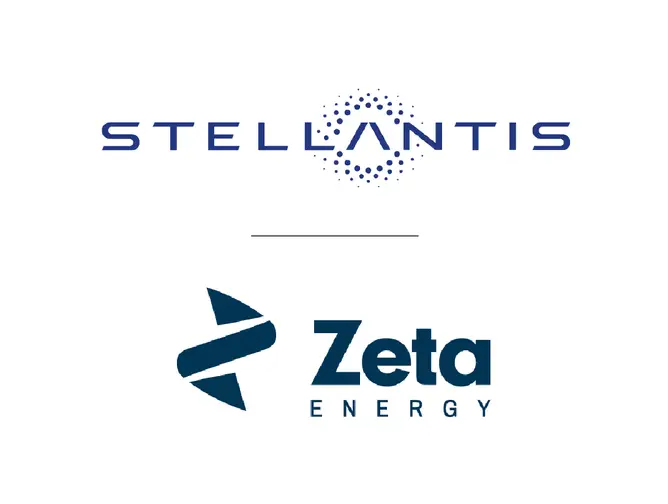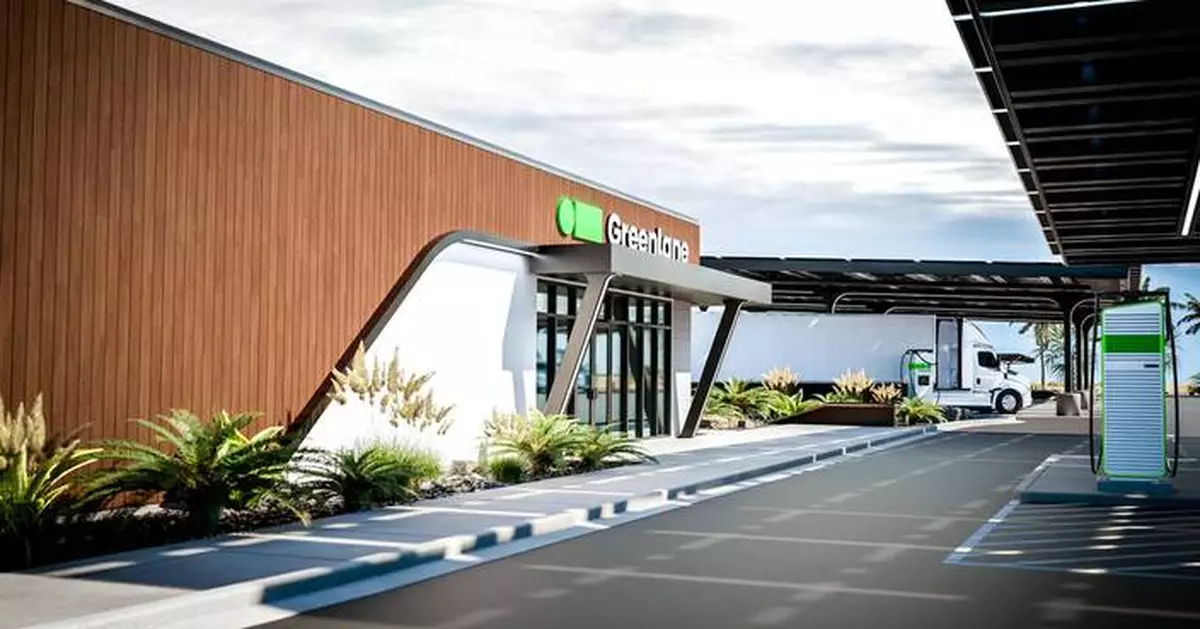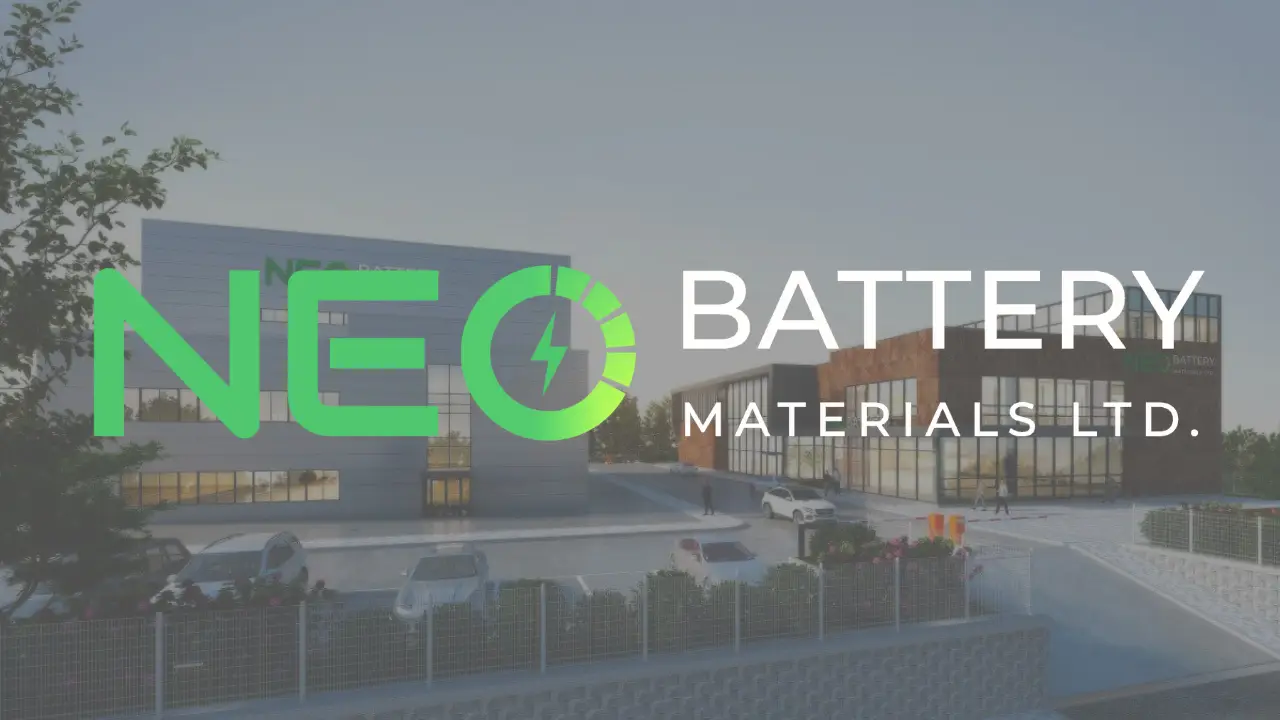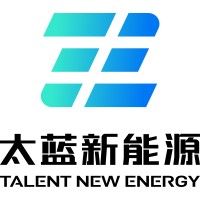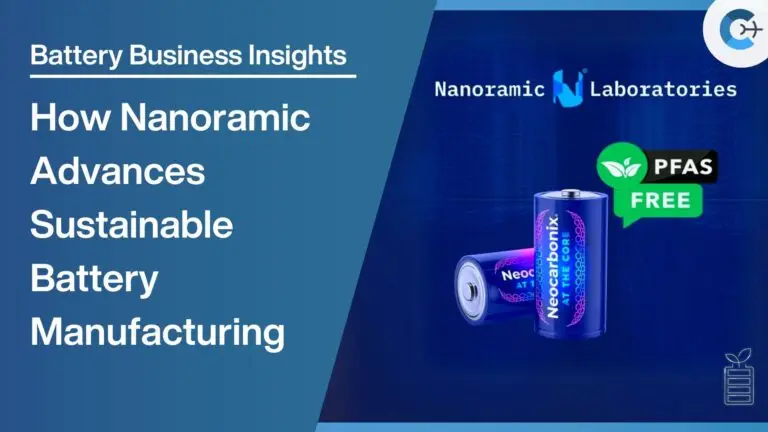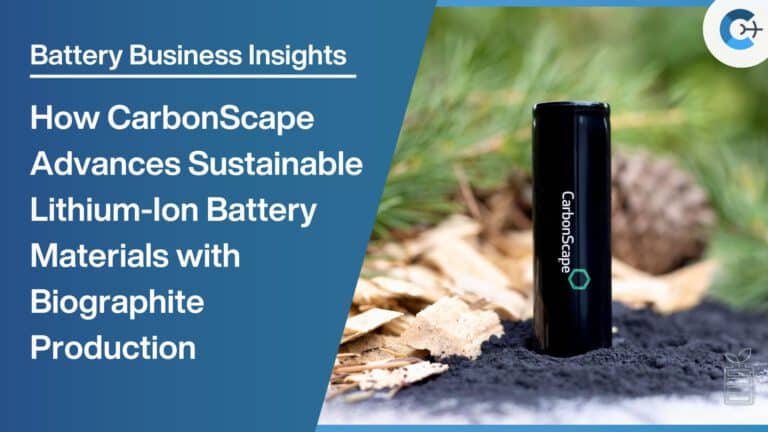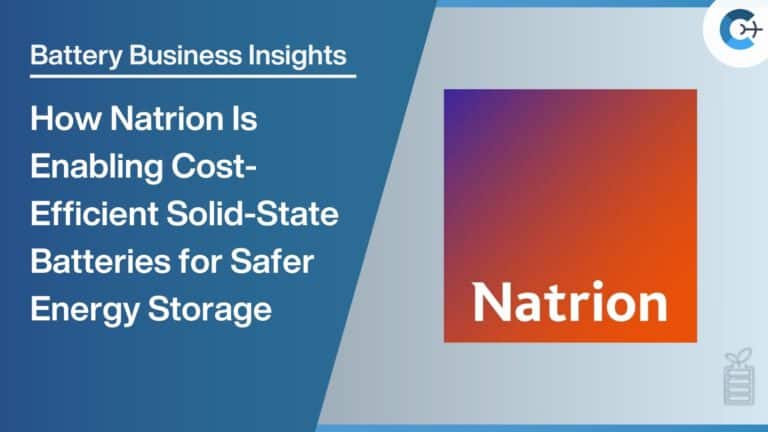Stellantis has announced a partnership with Texas-based battery specialist Zeta Energy to develop lithium-sulfur (Li-S) batteries for electric vehicles. The collaboration aims to create batteries that offer faster charging times, increased energy density, and lower costs compared to current lithium-ion technologies.
The new Li-S batteries are expected to enable charging speeds up to 50% faster than existing lithium-ion batteries. Additionally, they are designed to be significantly lighter, providing the same usable energy while reducing the overall weight of the battery pack. This weight reduction can lead to extended vehicle range, improved handling, and enhanced performance.

One of the key advantages of Zeta Energy’s Li-S technology is its cost-effectiveness. The companies anticipate that the batteries will cost less than half per kilowatt-hour (kWh) compared to today’s lithium-ion batteries. Moreover, the batteries do not require critical minerals such as cobalt, graphite, manganese, or nickel, which simplifies the supply chain and reduces reliance on scarce resources.
“Groundbreaking battery technologies like lithium-sulfur can support Stellantis’ commitment to carbon neutrality by 2038 while ensuring our customers enjoy optimal range, performance, and affordability,” said Ned Curic, Stellantis Chief Engineering and Technology Officer.
The partnership will leverage Zeta Energy’s advancements in Li-S battery technology alongside Stellantis’ expertise in global manufacturing and distribution. Together, they aim to significantly improve the performance and cost profile of electric vehicles. The collaboration includes pre-production development and planning for future manufacturing, with the goal of integrating the new batteries into Stellantis electric vehicles by 2030.
Tom Pilette, CEO of Zeta Energy, highlighted the environmental benefits of the technology, noting that the batteries are made from waste materials and methane, resulting in lower CO₂ emissions compared to existing battery technologies. The absence of certain critical minerals not only reduces environmental impact but also enhances the resilience and reliability of the battery supply chain.
In addition to this partnership, Stellantis has previously invested in lithium-sulfur battery developer Lyten, based in Silicon Valley, indicating the company’s broader commitment to exploring advanced battery technologies.
Zeta Energy, founded in 2014 and based in Houston, Texas, also operates a facility in Munich, Germany. The company has former BMW executives on its team, including Michael Liedtke as Chief Commercial Officer and Burkhard Göschel, former BMW Board Member for Development and co-founder of Formula E, serving as a strategic consultant.
The collaboration between Stellantis and Zeta Energy reflects a growing industry focus on developing next-generation battery technologies that can offer improved performance, cost savings, and environmental benefits for the future of electric mobility.
Source: Stellantis

